
Gadgets
12:52, 31-Oct-2018
Macs, iPad Pros get updates with higher price tags
Updated
12:01, 03-Nov-2018
By Pan Zhaoyi
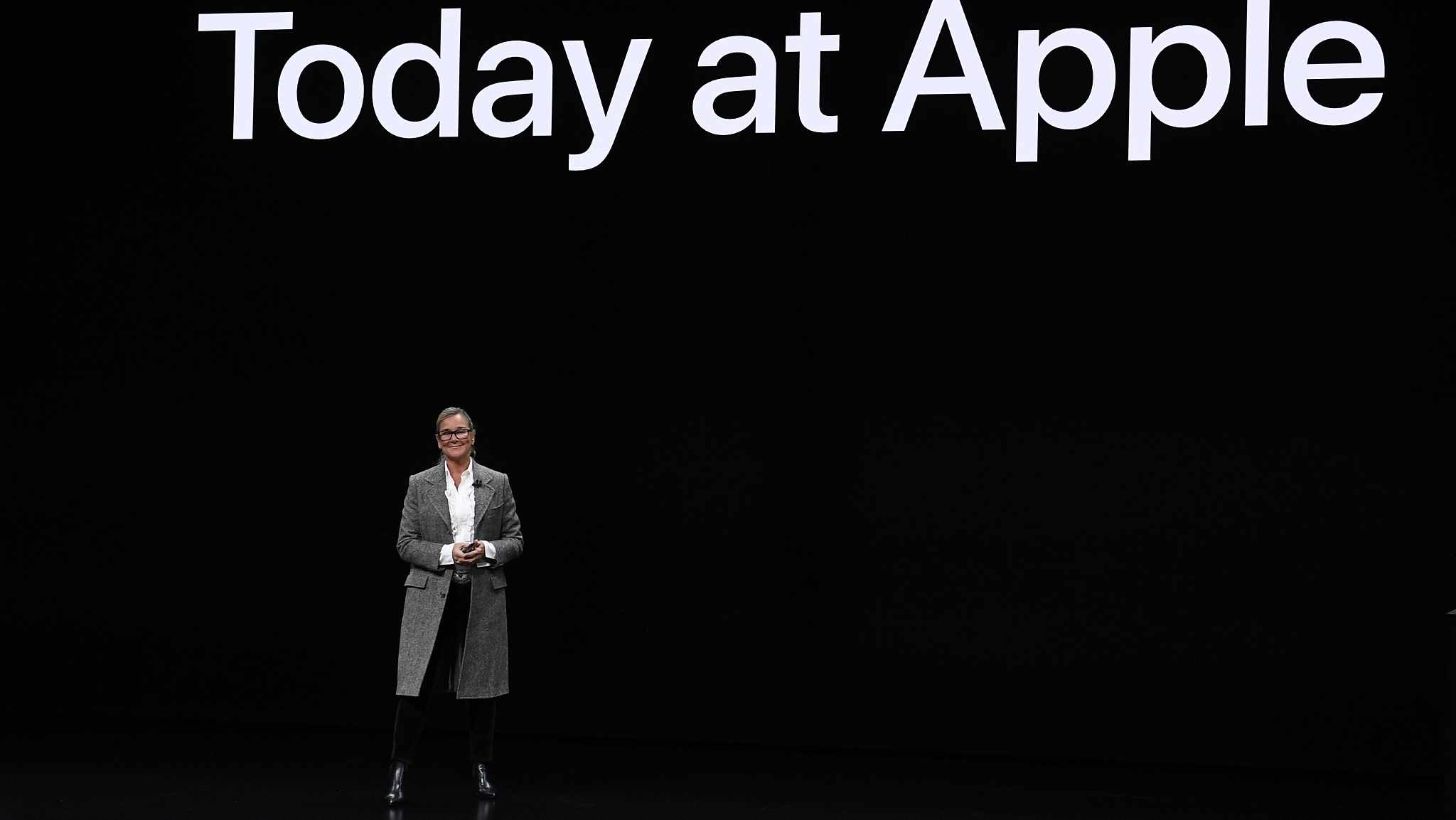
Apple refreshed some of its lesser-known products at a New York event on Tuesday, adding iPhone features like facial recognition to the iPad Pro and faster processors and better displays to some Mac computers that had gone years without a major update.
The devices will hit stores on November 7.
Counting the new iPhones and Apple Watches released last month, Apple will have more than half a dozen new products on shelves for the holiday shopping season, many at higher prices than previous models.
Here's what went down at Apple's latest event.
iPad Pro – Face ID, thinner bezel, USB-C charging port
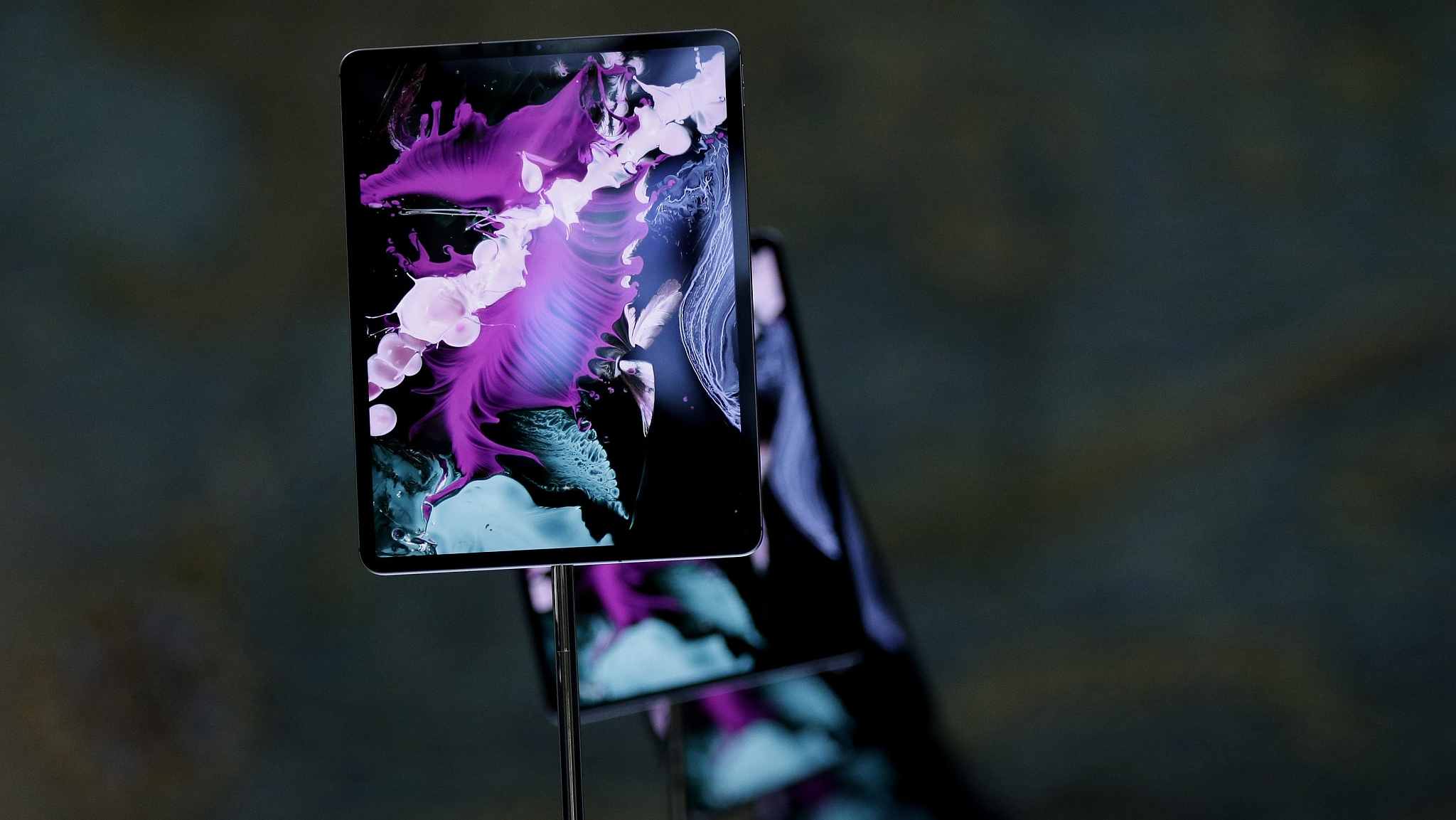
New iPad Pro /VCG Photo
New iPad Pro /VCG Photo
Apple introduced new versions of the iPad Pro, its higher-end tablet that competes with Microsoft Corp's Surface, with thinner bezels, more screen space, and a new "Liquid Retina" display, along with the face unlock system found on Apple's newer iPhones.
The new iPad Pro models also have a USB-C port that allows them to work with an external monitor for the first time. When combined with the existing ability for an iPad Pro to work with a keyboard, the new port brings the devices closer to becoming a laptop competitor, according to Apple.
The Face ID feature showing up in new iPads spells the death of the long-existed home buttons, which suits the iOS 12 gesture controls found in new iPhone series.
Moreover, users can now get the home screen, pull up the Control Center, Notification Center, and Dock by just swiping across the edges of the screen.
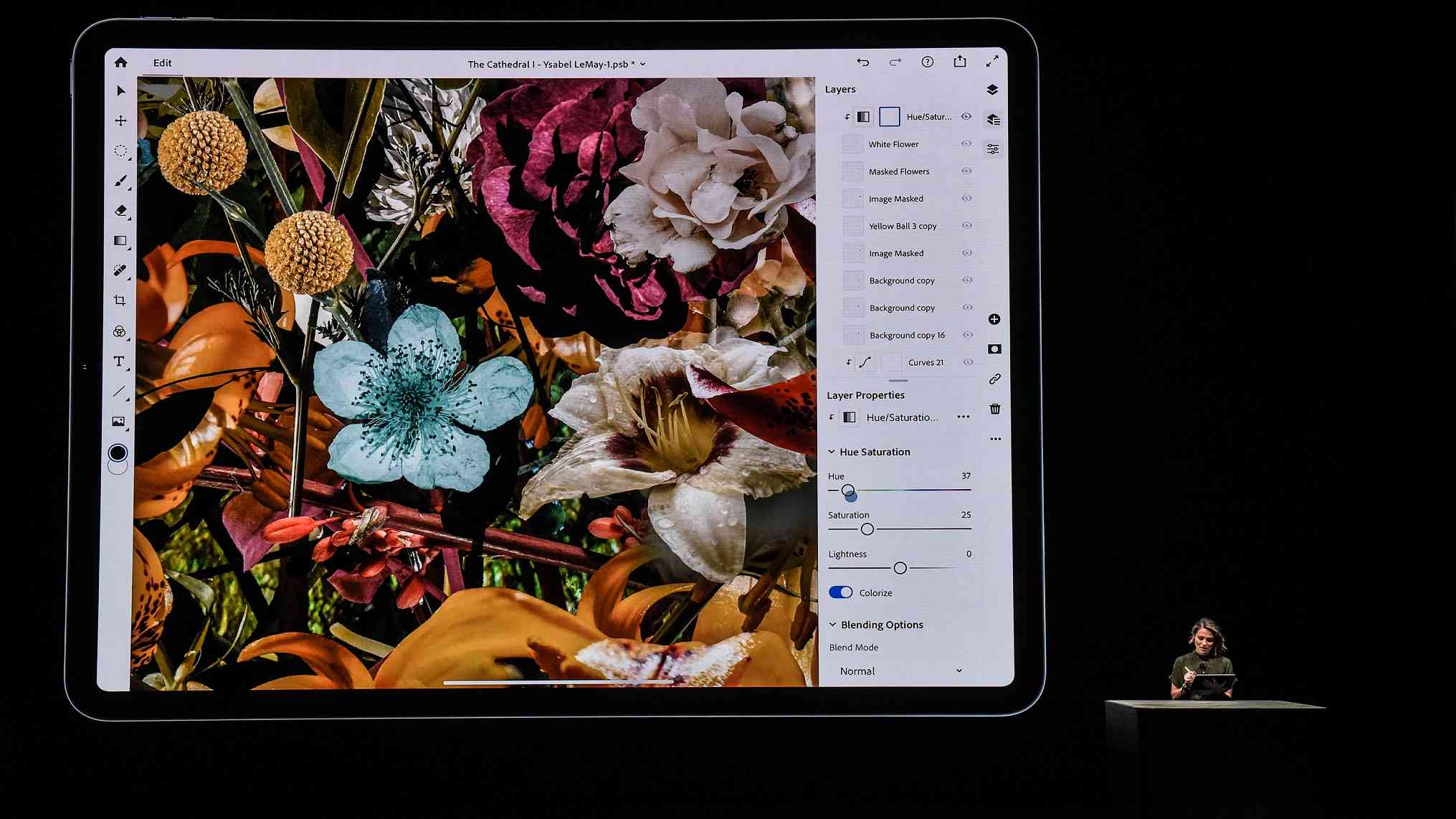
New iPad Pro /VCG Photo
New iPad Pro /VCG Photo
Prices for the iPad Pros swell to 799 US dollars and 999 US dollars for 11- and 12.9-inch models respectively, though Apple plans to keep an older 10.5-inch version on sale for 649 US dollars.
MacBook Air finally embraces Retina display
The biggest improvement of the out-of-sight MacBook Air is its Retina display with four times the resolution of past models, and it is getting smaller and lighter than before.
The new version of the MacBook Air will also feature thinner bezels and start at 1,199 US dollars, up from 999 US dollars.
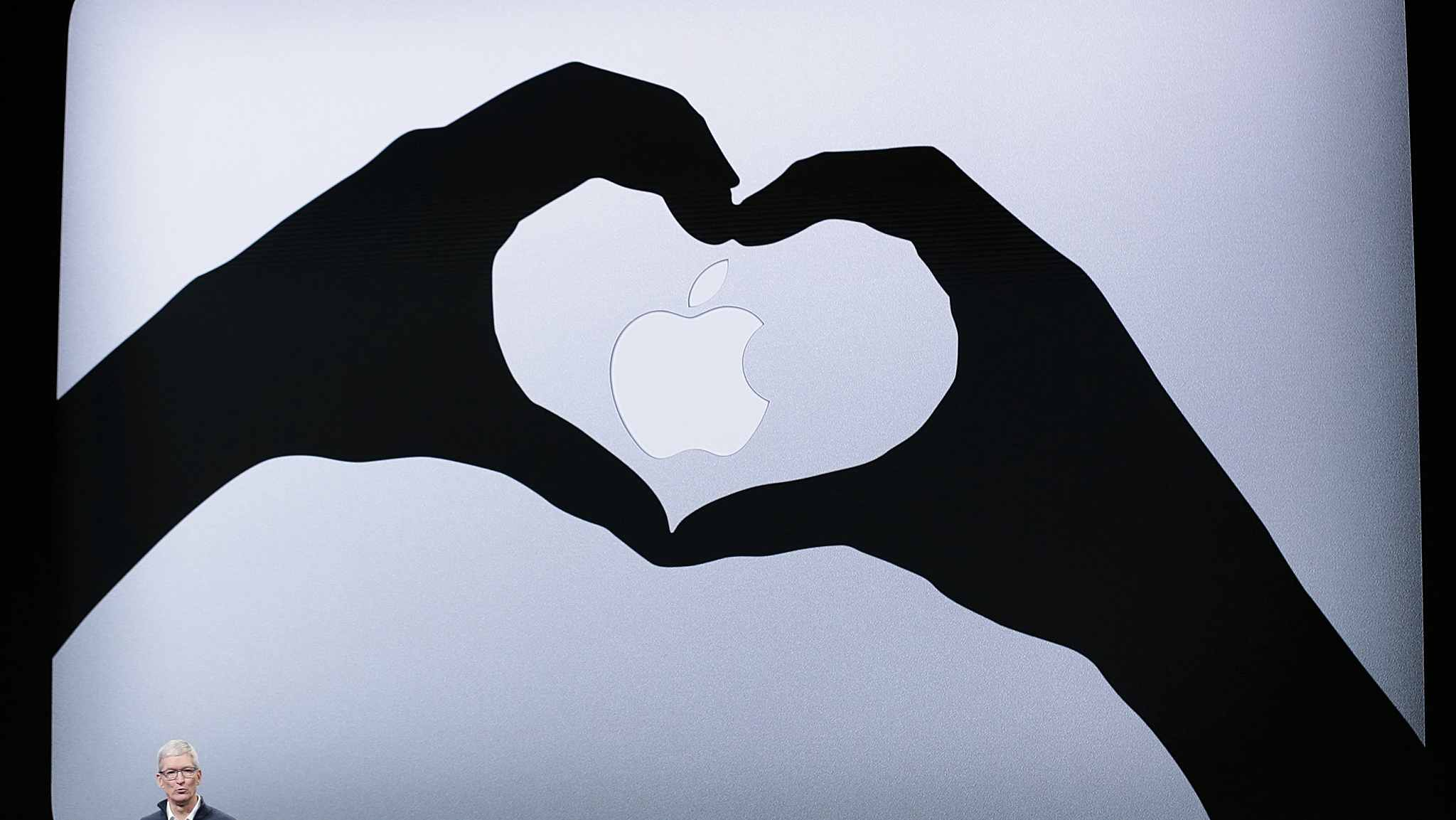
New Mac Air /VCG Photo
New Mac Air /VCG Photo
"Yes, you save a bit compared to the Mac Book Pro, but that's not your main reason for buying it," which is instead power and portability, said Carolina Milanesi, an analyst at Creative Strategies. She noted Apple "knows they have a very loyal user base that will be willing to spend the money."
Mac mini dominates search trends on China's social media
Mac mini, a long-forgotten Apple product, has also been given a new life but at a higher price. The small desktop added more processing power and memory capacity and Apple bump up its price to start at 799 US dollars.
As with previous models, the new devices rely on processors from Intel Corp, but Apple said an increasing number of security features on the devices are being handled by its own so-called T2 chip.
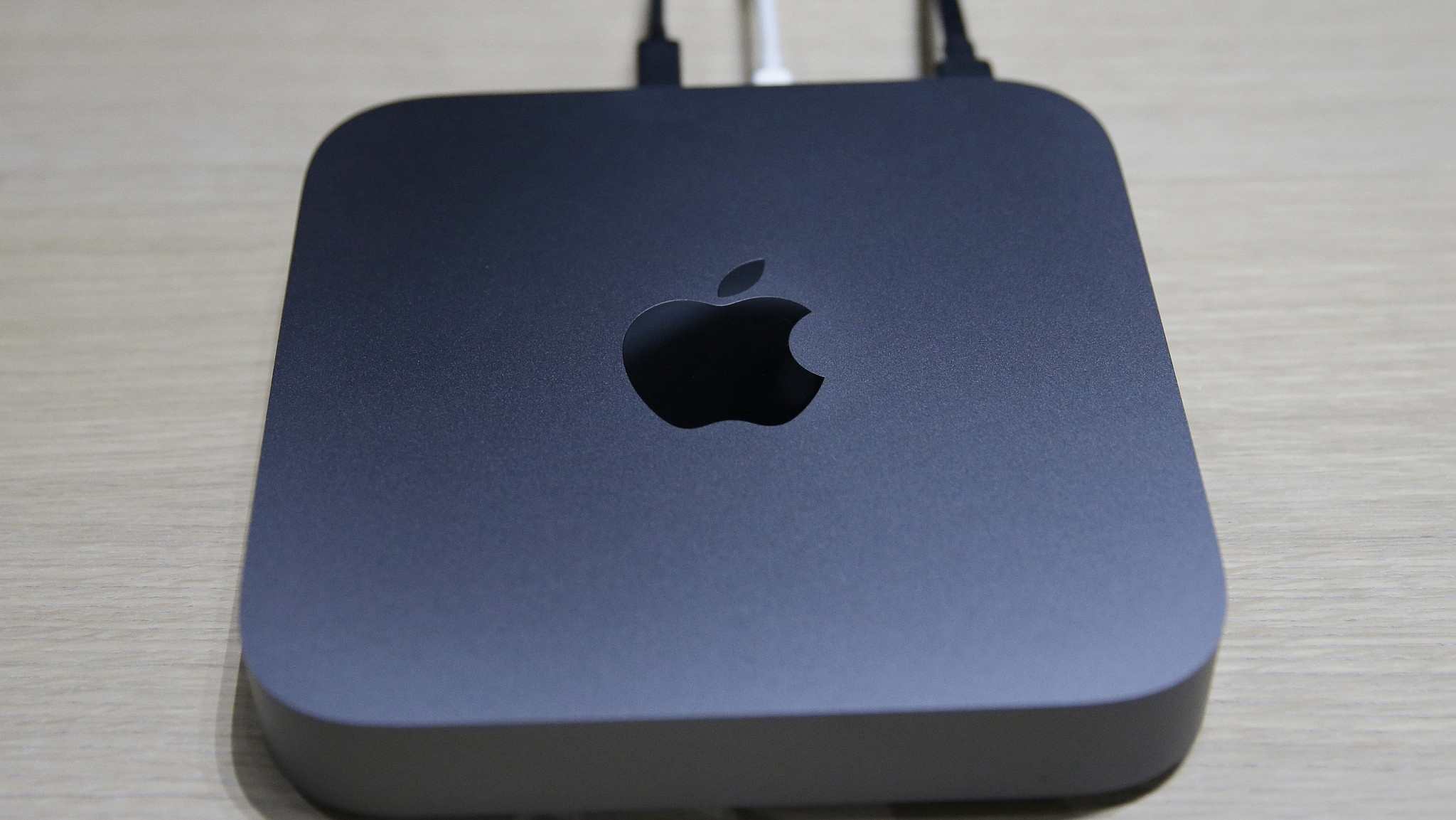
New Mac mini /VCG Photo
New Mac mini /VCG Photo
But what got the mini laptop into heated discussions among Chinese netizens wasn't its incredible update or staggering price, but the "cute name" attached to it.
The Mac series happened to share the same name as a famous lipstick brand MAC, which enjoys a huge following among female consumers in China.
So when tech accounts created the hashtag for the Mac mini on China's Twitter-like Weibo, the topic received thousands of clicks from female fans loyal to the cosmetics brand.
Over 8,000 users thought it was a lipstick.
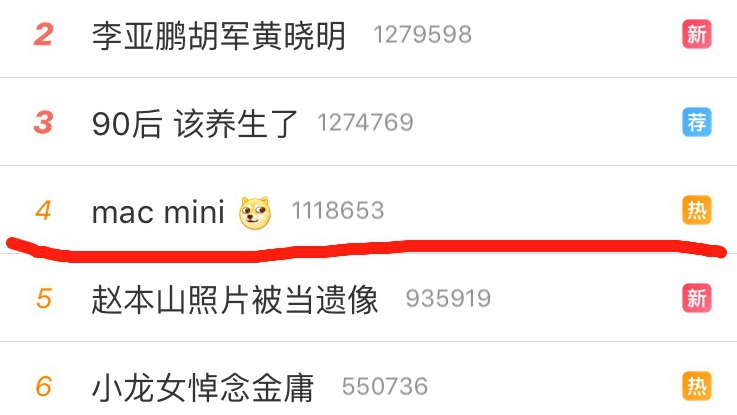
CGTN screenshot of the top trending hashtags on Weibo, with "Mac mini" ranking in fourth place.
CGTN screenshot of the top trending hashtags on Weibo, with "Mac mini" ranking in fourth place.
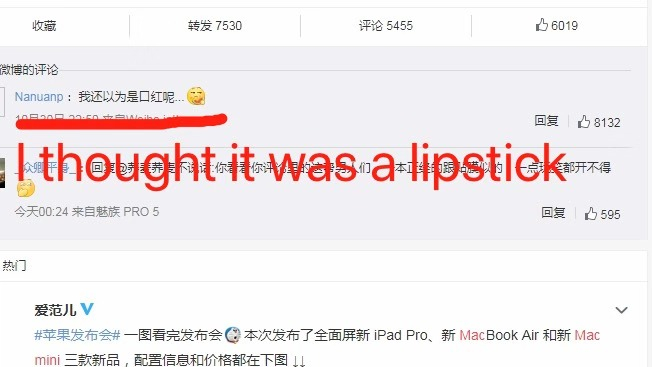
CGTN screenshot of a comment by a Weibo user.
CGTN screenshot of a comment by a Weibo user.
Apple unveiled the updates at an opera house at the Brooklyn Academy of Music, calling the venue a haven for creative activity. The company has been working to win back professionals like graphic designers targeted by Microsoft with its Surface tablets, which have gained market share this year.
Apple's latest event clashed with Shenzhen-based Chinese smartphone company OnePlus, which was supposed to host their product launch on the same day and venue as Apple's.
In order not to be shadowed by Apple's shindig, OnePlus rescheduled their own event and unveiled their products a day earlier.

Photo from OnePlus
Photo from OnePlus
The Chinese company, whose high-end products are little known outside a tech-savvy niche, entered the US market on Monday with the backing of two key local allies – chipmaking giant Qualcomm and mobile operator T-Mobile.
T-Mobile said earlier this month the OnePlus 6T smartphone would launch exclusively at the carrier's stores on November 1 with a starting price of 549 US dollars, the first time a OnePlus handset has been sold through a US wireless provider – and a deal that the firm's larger rivals such as Huawei could not pull off.
(With inputs from Reuters)

SITEMAP
Copyright © 2018 CGTN. Beijing ICP prepared NO.16065310-3
Copyright © 2018 CGTN. Beijing ICP prepared NO.16065310-3